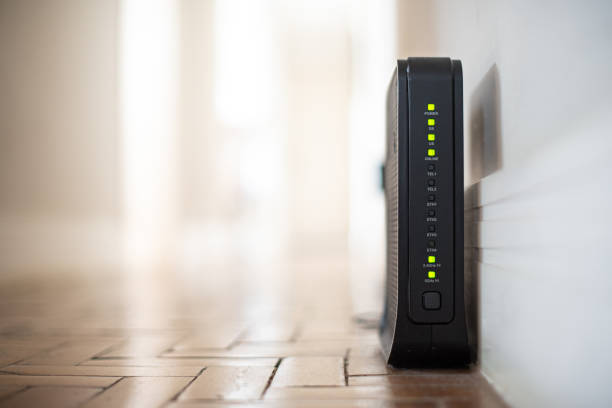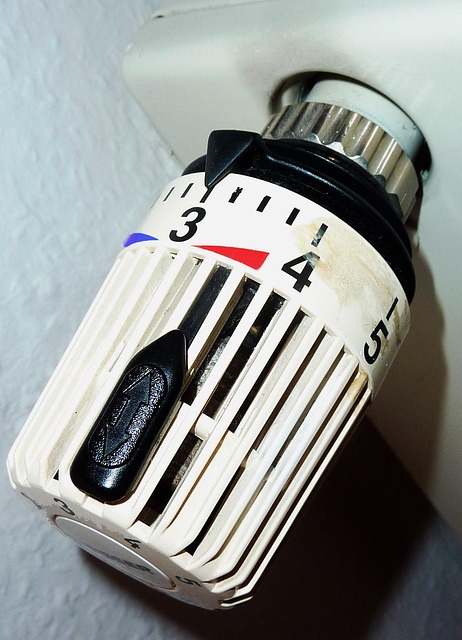Understanding Cremation Process, Cost, and Considerations
Cremation has become an increasingly popular choice for end-of-life arrangements in the United States. As families seek alternatives to traditional burial, understanding the cremation process, associated costs, and important considerations can help make informed decisions during a difficult time. This comprehensive guide explores the key aspects of cremation services to provide clarity on this important topic for those planning ahead or facing immediate needs.

What Is the Cremation Process?
Cremation is a process that reduces a body to its basic elements through intense heat, typically between 1,400 to 1,800 degrees Fahrenheit. The process begins with the proper identification of the deceased and obtaining necessary authorizations. The body is prepared by removing medical devices, jewelry, and other non-combustible items as requested by the family. It is then placed in a cremation container or casket made of combustible materials.
During the cremation process itself, which typically takes 1-3 hours depending on various factors including body size and cremation chamber efficiency, the body is exposed to direct flame and intense heat. After cooling, the cremated remains (commonly called ashes) are processed to a uniform consistency and transferred to a temporary container or an urn selected by the family. The entire process is conducted with dignity and respect under strict protocols to ensure proper identification throughout.
What Factors Affect Cremation Cost?
The cost of cremation services varies considerably based on several key factors. Direct cremation, which involves minimal services without viewing or ceremony, is typically the most affordable option ranging from $600 to $1,200. Traditional cremation, which includes a viewing, funeral service, and other ceremonial elements before the cremation, generally costs between $2,000 and $4,000.
Geographic location significantly impacts pricing, with urban areas generally commanding higher rates than rural locations. Additional services such as viewing hours, memorial services, special urns, or keepsake jewelry will increase the overall cost. Transportation distance to the crematory facility can also affect pricing, particularly in remote areas where facilities may be limited.
Facility selection is another important cost determinant. Crematories operated by funeral homes may have different pricing structures compared to dedicated cremation societies or direct cremation providers. The comprehensiveness of services—from death certificate processing to urn selection—also influences the overall cost package.
What Are Prepaid Cremation Packages?
Prepaid cremation packages allow individuals to arrange and pay for cremation services in advance. These plans typically lock in current prices, protecting against future inflation and price increases in the funeral industry. Most providers offer flexible payment options, including lump-sum payments or installment plans spread across months or years.
Standard prepaid packages generally include the basic cremation process, transportation of remains, filing of necessary documentation, a simple container for the cremated remains, and sometimes the return of ashes to the family. Premium packages might add memorial services, higher-quality urns, multiple death certificates, and additional keepsakes.
When considering prepaid cremation arrangements, it’s important to understand the contract terms regarding transferability if you move to another location, refundability if plans change, and what happens if the provider goes out of business. Most reputable providers place funds in trust accounts or purchase insurance policies to protect prepayments. This financial protection should be clearly documented in any agreement you sign.
How Do Traditional Burial and Cremation Compare?
Cremation has surpassed traditional burial in popularity primarily due to cost differences and changing cultural attitudes. While a traditional burial with a funeral service typically costs between $7,000 and $12,000 including the cemetery plot, vault, headstone, and perpetual care, cremation services generally range from $1,000 to $4,000 depending on the level of service chosen.
Beyond cost, cremation offers more flexibility in memorial timing, allowing families to gather when convenient rather than within the narrow timeframe required for burial. Cremated remains can be kept in an urn, scattered in meaningful locations (where legally permitted), divided among family members, or incorporated into memorial objects like jewelry or art.
Environmental considerations also factor into this comparison. Traditional burial consumes more resources including hardwood or metal caskets, concrete vaults, and cemetery land. However, cremation does produce carbon emissions, leading some to seek green burial or aquamation (alkaline hydrolysis) as more environmentally friendly alternatives.
What Provider Options Are Available for Cremation Services?
When considering cremation services, several provider types offer different approaches and price points:
| Provider Type | Services Offered | Key Features | Cost Range |
|---|---|---|---|
| Funeral Homes | Full-service cremation with optional viewing/ceremony | Comprehensive services, one-stop arrangement | $2,000-$5,000 |
| Cremation Societies | Specialized cremation services | Membership benefits, often lower costs | $1,000-$3,000 |
| Direct Cremation Providers | Basic cremation without ceremony | Lowest cost option, minimal services | $600-$1,500 |
| Green Cremation Providers | Environmentally focused options | Reduced environmental impact | $1,200-$3,500 |
Prices, rates, or cost estimates mentioned in this article are based on the latest available information but may change over time. Independent research is advised before making financial decisions.
Research shows that independent cremation societies often offer the most competitive rates, while funeral homes typically charge more but provide more comprehensive services. Many families find value in providers that offer clear, all-inclusive pricing rather than those with numerous add-on charges.
What Legal and Personal Considerations Should Be Addressed?
Several important legal and personal considerations should be addressed when planning cremation. Most states require a waiting period (typically 24-48 hours) before cremation can occur. Proper authorization forms must be completed, usually requiring signatures from the legal next of kin. Some religions have specific guidelines regarding cremation, which may influence decision-making for families with strong faith traditions.
Discussing wishes with family members in advance can prevent confusion and conflict later. Documenting preferences about the handling of cremated remains is particularly important, as disagreements among family members about this issue are common. Many people designate these preferences in their will or advance directive documents.
For those with environmental concerns, researching facilities that use energy-efficient technology or offer carbon offset programs may be worthwhile. Additionally, understanding local regulations regarding the scattering of ashes is essential if this is the intended final disposition plan.
The cremation decision is deeply personal and should reflect the values and wishes of the individual while considering the needs of surviving family members for closure and remembrance.




